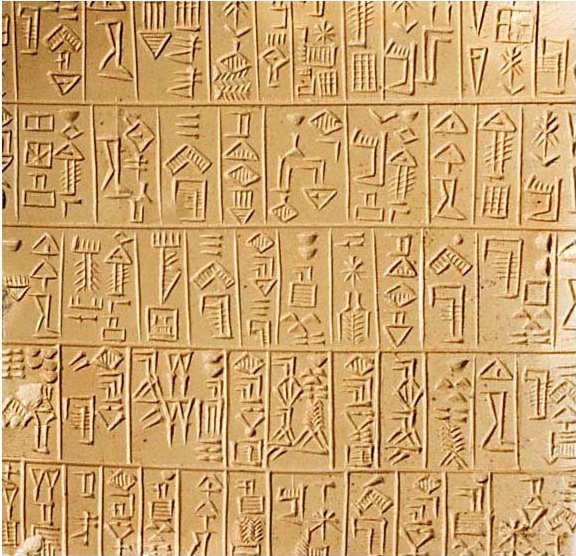I’ve been editing some journals lately and I am often struck by how little I remember about events that theoretically happened in my own life. I wonder at my own reports of meeting what sound like wonderful people and having great adventures. The only stories that seem to have any longevity in my memory are those I repeat to others. They grow a bit worn with time, and my friends sometimes have that knowing look that tells me the story is fraying at its well-used edges, but the alternative is much worse. We lose track of our own lives if we don’t tell the stories.
Luckily, this no longer needs to be the case. We have the written word, in the form of blogging and diaries, and we can record every fleeting thought. This is, of course, for all to see, in the case of the blog, even as we are entirely unaware that we are doing much more than making a public record of ourselves. In fact, what we are doing is taking what used to be forgotten stories around the fire and outsourcing them to another medium. We are asking the dumb matter of the world to become quick with our lives, even while we relax into the senescence of forgetfulness.
This outsourcing means that while we lose who we are, some device, some machine or overwritten page, retains it. As Roman Polanski asks in The Tenant, does that mean that we are ourselves and that device is our memory, or is that us and we are merely a faulty depository of self?
Over Christmas my friend, in a frenzy of argumentative glee, tried to convince me that all humans with enough leisure would invent writing. Hunter gatherers, so goes his argument, must not have had leisure for they did not invent the writing systems of other cultures. There are more than a few problems here, but the one I am the most interested in for the purposes of this exercise, is the question of the value of permanent records. In his mind, presumably, such record-keeping is tantamount of humanity, and is merely one of the steps on the long path to progress and civilization.
The earliest writing we have heard from people who study this for more than the purposes of Christmas dinner arguments, was  meant to be used for tallying goods. In that sense, this early use of written language was about keeping track of what we could not remember. It performs that same function now, albeit electronically and not on the stable medium of clay tablets and chiseled into rock. To do so, however, is to erupt the self from the stable Cartesian self into the multiplicitious fragments which are the self alienated from self that Jacques Lacan talks about. Facebook algorithms apparently can judge us better than our friends. Even while we are recording our adventures, we need to keep in mind that something that is not us is taking an accounting of who we are, and we may be found wanting.
meant to be used for tallying goods. In that sense, this early use of written language was about keeping track of what we could not remember. It performs that same function now, albeit electronically and not on the stable medium of clay tablets and chiseled into rock. To do so, however, is to erupt the self from the stable Cartesian self into the multiplicitious fragments which are the self alienated from self that Jacques Lacan talks about. Facebook algorithms apparently can judge us better than our friends. Even while we are recording our adventures, we need to keep in mind that something that is not us is taking an accounting of who we are, and we may be found wanting.
